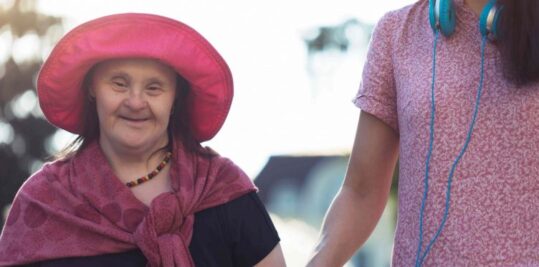Increase in people with learning disability being screened for cancer in past year, says NHS Digital

The number of people with a learning disability in 2018/19 who were screened for cancer or received a health check increased compared to the previous year, figures have shown.
New data released by NHS Digital shows that more people with learning disability are having cervical and colorectal cancer screening, as well as receiving an annual health check.
Related Article: Funded nurse workforce plan needed for neighbourhood health services
The proportion of people with learning disability who had a health check rose one percentage point from 55.1% in 2017/18 to 56.1% in 2018/19, the figures showed
Increases were also seen in cancer screening, with those receiving cervical screening increasing from 31.2% to 33.7% and the proportion who had colorectal cancer screening rising from 77.8% to 83%.
Related Article: Nurse had to ‘freeze’ PPE during pandemic to re-use in care home, Covid inquiry hears
Despite increased rates of screening, the figures also showed that people with learning disability were nearly four times as likely to die compared to the general population between 2016 and 2019.
People with learning disability also had higher rates of epilepsy, dysphagia and depression than the general population according to the data.
In 2019 NHS Digital piloted a ‘reasonable adjustment flag’ in practices in Gloucestershire and Devon, which would alert practice staff to patients with learning disabilities who may have additional needs by tagging their patient records.
Related Article: More nursing apprenticeships and changes to student travel expenses
The RCN warned last year that ‘urgent investment’ was needed in to learning disability nursing, as figured showed that the number of learning disability nurses in the community decreased by 25% over the past decade.

See how our symptom tool can help you make better sense of patient presentations
Click here to search a symptom


The number of people with a learning disability in 2018/19 who were screened for cancer or received a health check increased compared to the previous year, figures have shown



